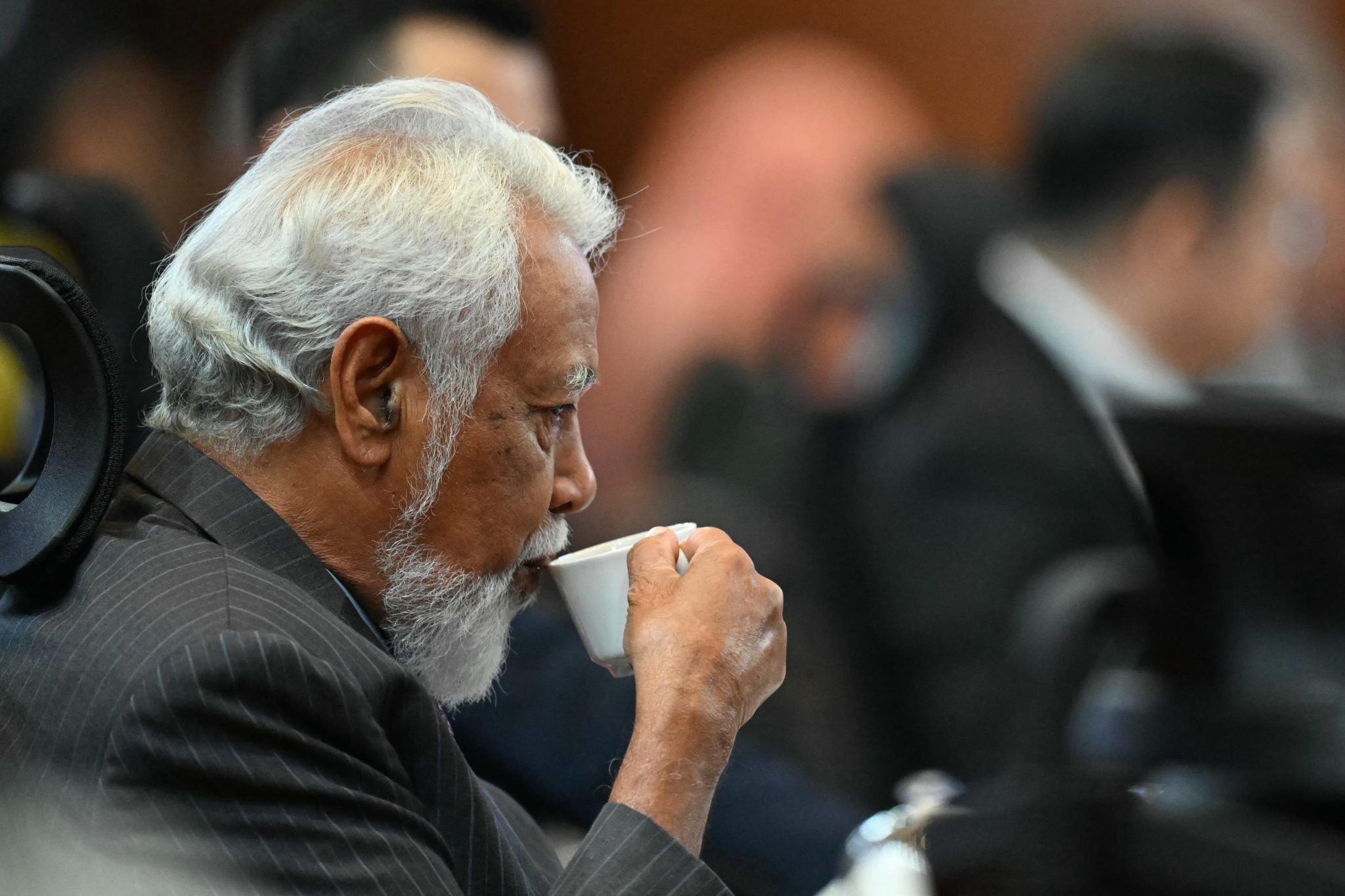
Timor-Leste, Southeast Asia’s smallest economy, is now ASEAN’s newest member.
On Oct 26, the regional body voted in the island nation as its eleventh member at the ASEAN Summit in Kuala Lumpur. Timor-Leste first applied for membership in 2011, just under a decade after it won formal independence from Indonesia, its much larger neighbor. Timor-Leste, also known as East Timor, is ASEAN’s first new member since 1999, when the bloc welcomed Cambodia into the group.
“Timor-Leste has struggled with securing investments, due to the country’s instability and associated risks,” says Norashiqin Toh, a post-doctoral fellow at Tsinghua University’s Institute for Advanced Study in Humanities and Social Sciences.
“Becoming a member of ASEAN will likely send a credible signal to international investors of the country’s political stability, and also attract further investments from businesses in other ASEAN member states.”
ASEAN, or the Association of Southeast Asian Nations, is a regional grouping which seeks to promote economic and security cooperation among its members. Founded in 1967, ASEAN began with five member nations: Indonesia, Malaysia, Philippines, Singapore and Thailand. It has since expanded to include other regional countries, namely Vietnam, Laos, Cambodia, Brunei and Myanmar.
A turbulent past
Timor-Leste is Asia’s youngest nation, gaining independence on May 20, 2002. The eastern half of the island of Timor was colonized by the Portuguese in the 16th century. The territory remained under Portuguese rule, apart from a brief Japanese occupation during the Second World War, until 1975, when a left-wing Portuguese government pledged to withdraw from all its colonies.
Indonesia invaded Timor-Leste just a week after Portugal withdrew, leading to almost a quarter-century of occupation marked by severe human rights abuses.
In 1999, Timor-Leste’s population voted overwhelmingly for independence in a United Nations-sponsored referendum. The vote was organised at the request of then-Indonesian president B. J. Habibie, allowing its people to choose between independence or greater autonomy within Indonesia. A few years later, in 2002, Timor-Leste became the first new sovereign state of the 21st century.
In the 23 years since its independence, Timor-Leste has made significant progress in nation building, expanding critical infrastructure like roads, airports, and internet access. The country has also eradicated once-rampant tropical diseases like malaria.
Yet much of Timor-Leste’s development can be credited to its reliance on oil and gas revenue, which at times made up over 90% of the country’s GDP. As of 2024, the country’s GDP stood at approximately $2 billion, making it ASEAN’s smallest economy. (The next smallest economy, Laos, has a GDP of around $16.5 billion).
Timor-Leste’s oil and gas wells are already running dry, with oil production at the Bayu-Undan field in the Timor Sea—the country’s only producing field—ceasing production in June 2025.
The Singapore strategy
There are also geopolitical benefits to ASEAN membership. Timor-Leste now has access to ASEAN-led security and economic mechanisms, and the country can now leverage the coalition to engage with external partners such as China, the U.S., and Australia.
“This is similar to Singapore’s strategy of a small country utilizing the bloc to increase its influence,” says Pasha L. Hsieh, a law professor from the Singapore Management University.
Being a member of ASEAN also gives Timor-Leste a seat at the table with world leaders it might not be able to access on its own, Toh, from Tsinghua, adds. “Many formal and informal bilateral meetings occur on the sidelines of summits such as the ASEAN summit, so Timor-Leste can use the opportunity to develop its political ties,” she says.
Economically, the country will also benefit from near-zero tariffs in the ASEAN market, which can help diversify its industry.
Additionally, Timor-Leste will likely become part of the Initiative for ASEAN Integration (IAI), says Joanne Lin, a senior fellow and coordinator from the ISEAS-Yusof Ishak Institute, a research center based in Singapore.
The initiative provides targeted capacity-building support for newer and less developed ASEAN members—namely Vietnam, Laos, Myanmar and Cambodia—to strengthen institutions, infrastructure and human capital.
“This will help Dili better align with ASEAN’s economic and technical standards,” Lin says.
And importantly, Timor-Leste’s ASEAN membership is an affirmation of its sovereignty, putting it in equal standing with its former occupier, Indonesia, within the regional bloc.
Timor-Leste’s ASEAN admission “reflects the strength of its democracy, built through regular elections, peaceful political transitions and a vibrant civil society that continues to hold institutions accountable,” Lin says.







